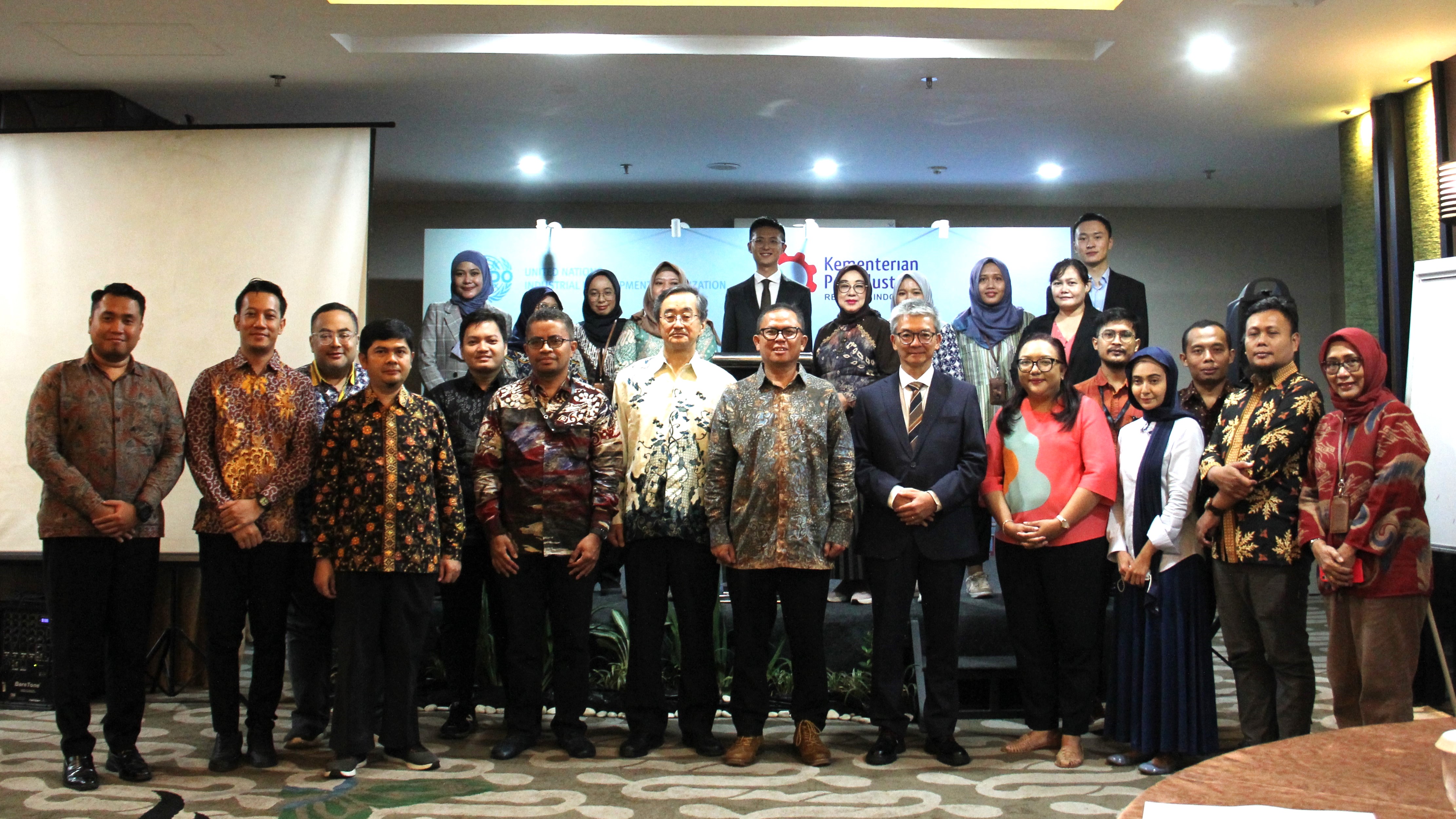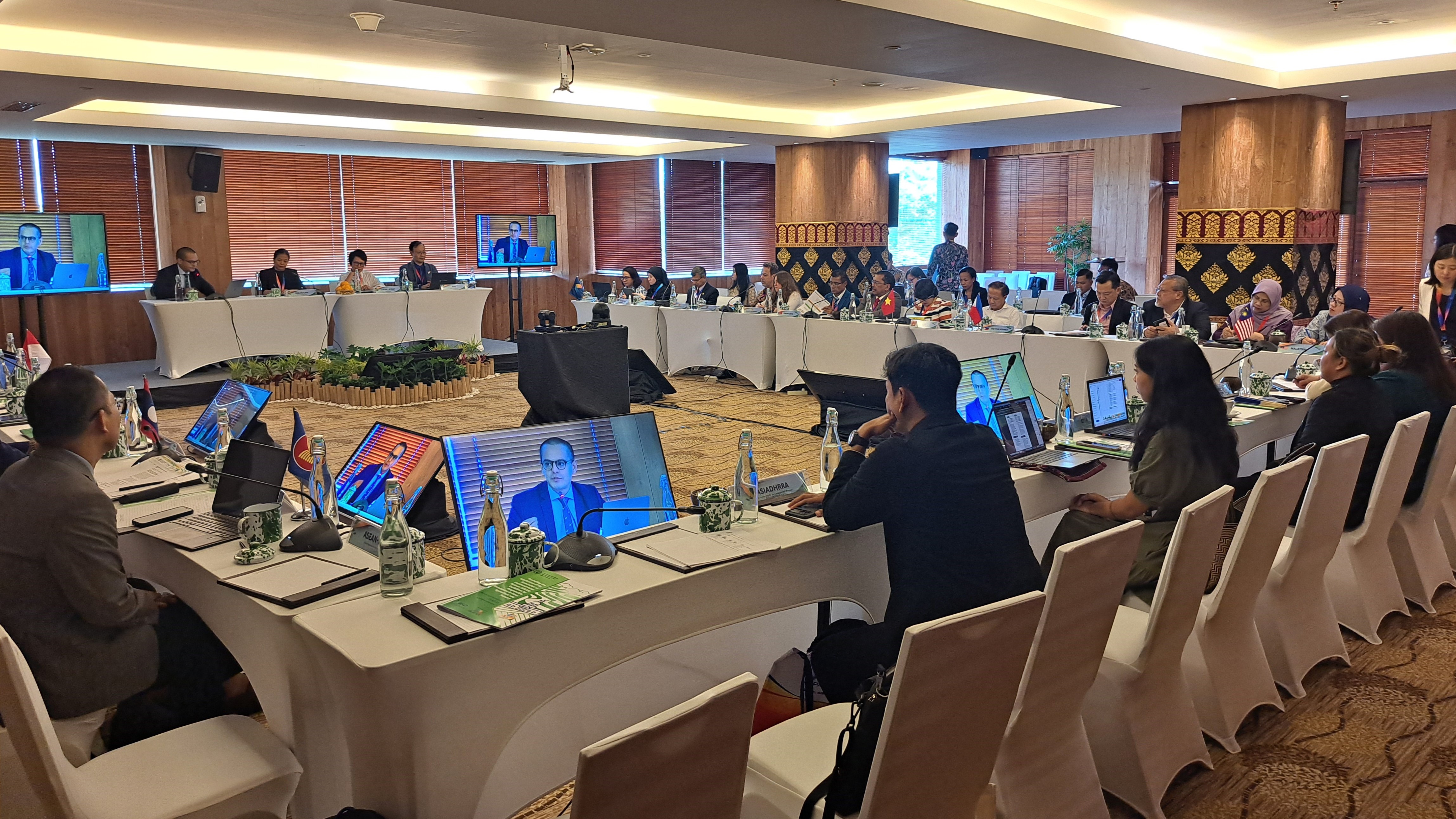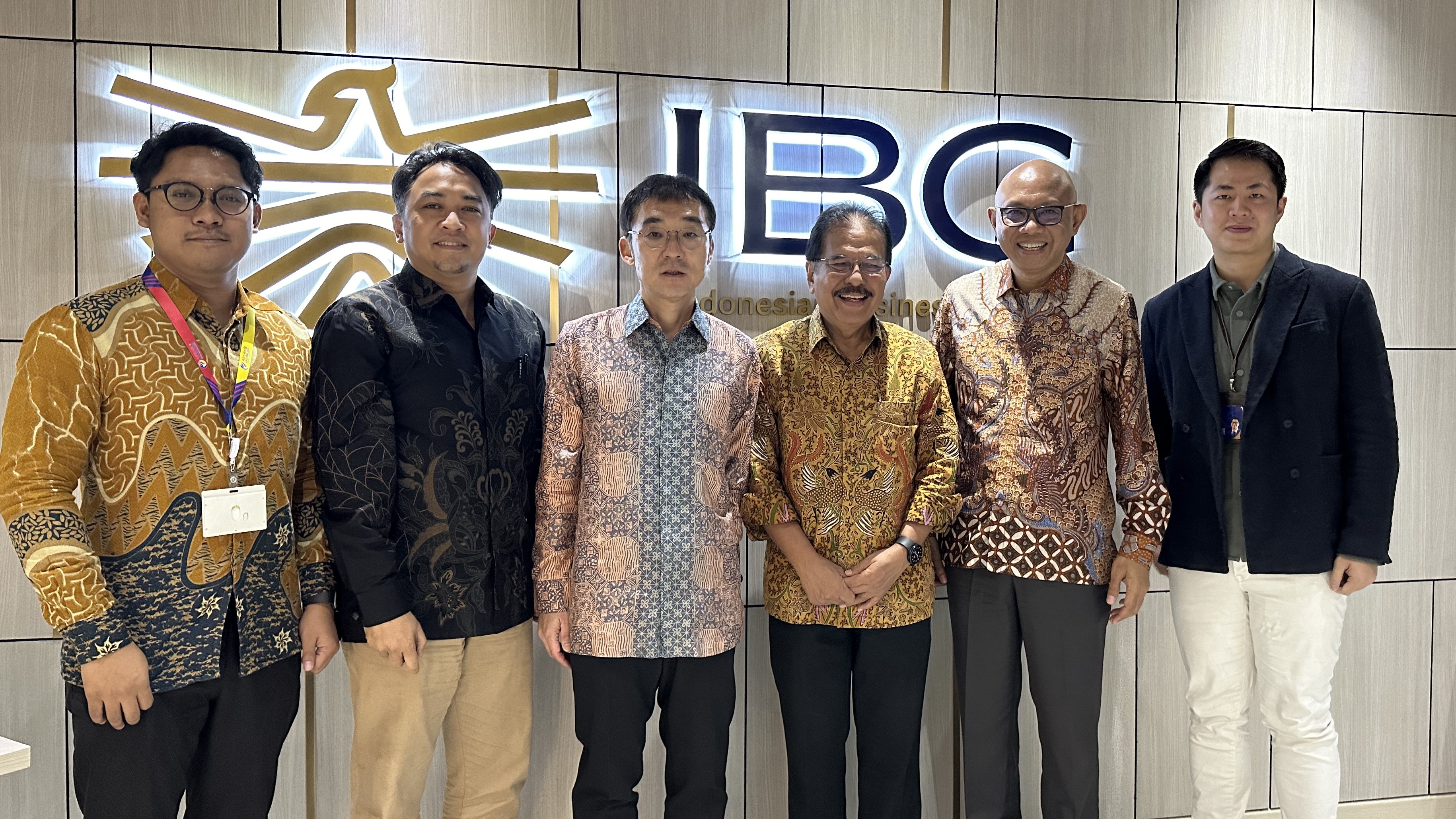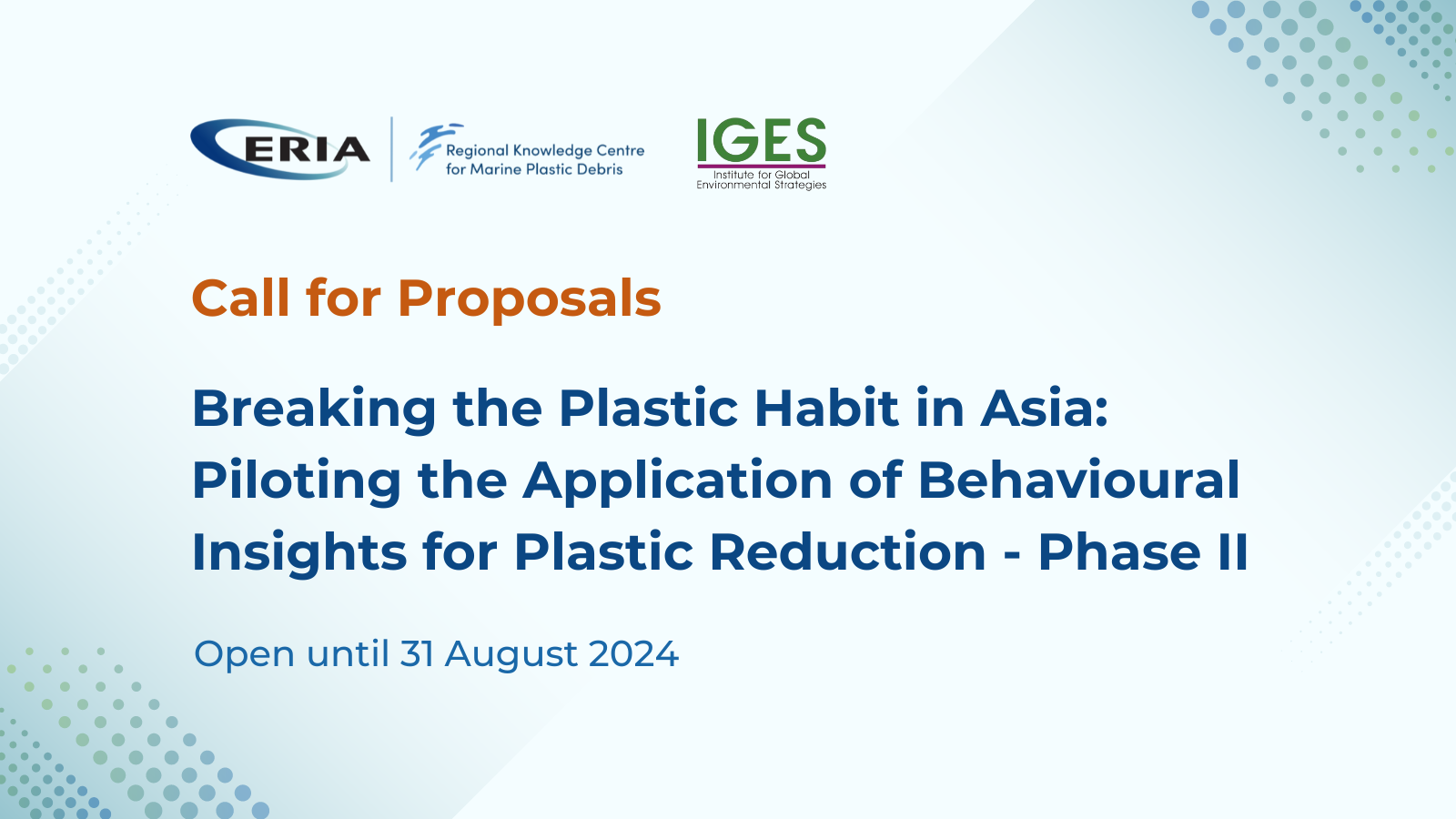UNIDO Workshop on Local Content Requirements Policy for the Industrial Sector in Indonesia
Date:
16 May 2024Category:
NewsTopics:
Industry and Manufacturing, IndonesiaShare Article:
Print Article:
Bogor, 16 May 2024: The United Nations Industrial Development Organisation (UNIDO) held a workshop on Local Content Requirements (LCRs) Policy for the Industrial Sector in Indonesia. This workshop was attended by various ministry officers, academia, business practitioners, and government officials, aiming to foster cooperation across different societal sectors.
Dr Marco emphasised the importance of gathering insights from diverse stakeholders and highlighted the need for cross-sectoral cooperation. He noted that the collective input from academia, business practitioners, and government officials is crucial for effective policy development.
Dr Heru Kustanto, Head of Domestic Product at the Ministry of Industry, expressed concerns about the complexities surrounding the implementation of domestic product usage regulations. He stressed the importance of simplifying these regulations and providing clear guidelines on Local Content Requirements (LCRs). Dr Kustanto emphasised that expenditures on domestic products have a significant multiplier effect on the national economy, and thus, streamlining regulations is vital.
Dr Vo Tra Thanh, Chair of the Vietnamese Committee for Pacific Economic Cooperation Council (PECC) and Senior Expert at the Central Institute for Economic Management (CIEM), discussed traditional and modern approaches to industrialisation. He contrasted minimal state intervention with export-oriented strategies and import-substituting strategies with new trade strategies that optimise quality through backward and forward linkages, technology and innovation transfers, and increasing domestic value added via engagement in global value chains.
Prof Fukunari Kimura, Senior Research Fellow at ERIA, elaborated on the potential costs and benefits of implementing LCRs. He argued that to accelerate industrial agglomeration and technological enhancement, it is more effective to create a favourable investment climate and enhance absorptive capacity rather than artificially controlling value chains. Prof Kimura recommended fostering competition amongst foreign firms, business matching, and increasing the absorptive capacity of domestic firms to achieve these goals.
Achmad Widjaja, Chairman of the Standing Committee Association Industry Chemical Processing, underscored the underdevelopment of the upstream industry in Indonesia. He highlighted key metrics for upstream products, including olefins, methanol, metals, oleochemicals, bioethanol, biodiesel, and biomass. Widjaja emphasised that the government's role in integrating upstream, midstream, and downstream industries is insufficiently aggressive. He called for collaboration between UNIDO, the government, and the private sector to establish a well-integrated system and for technical programmes to assist companies in enhancing LCRs.
In summary, the workshop on LCRs engaged participants in a comprehensive discussion on developing industrial policy in Indonesia. The shared experiences and perspectives were invaluable, underscoring the importance of collaboration and cooperation amongst stakeholders to advance industrialisation in Indonesia.
Publications:








